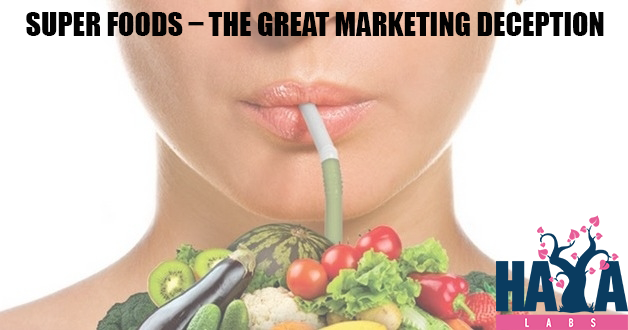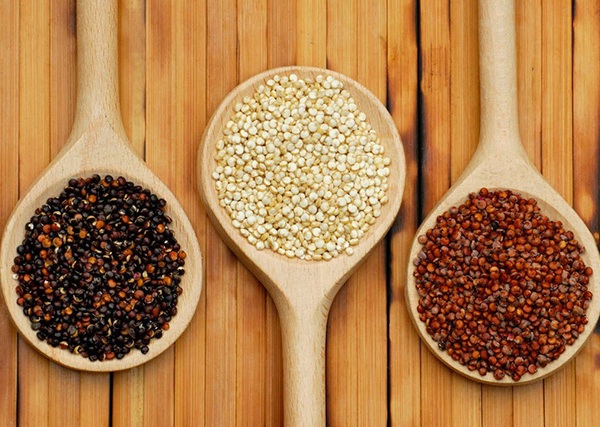
Super foods – the great marketing deception
0
1264

How did it all start?
During the very beginning of the past century bananas had already lost their appeal as an exotic item and became just another fruit on the market. Consumers were significantly less interested in buying bananas and thus sales went low. The US company United Fruit Co. launched a marketing campaign which aimed to portray the yellow fruit as extremely healthy and succeeded. Diet specialists and medical professionals were hired to confirm that bananas are naturally protected from all kinds of germs and can heal certain types of diseases. The craze went so far that bananas were even applied as a medicine for celiac disease. Children, diagnosed with this condition, were put on a strict regime, consisting of bananas and milk and their symptoms significantly lessened. Today we know that this was due to the lack of gluten in the diet and sadly there is no known cure for celiac disease.

Modern influence
The term “super food” was coined in the 1990’s as a way to describe a food with immense health benefits.
read more

The voice of reason
Back in 2007 the European Food Information Council forbade the use of this term in any advertising campaign due its ability to create unrealistic expectations about the actual qualities of the marketed products. Sadly, the same cannot be said about the US ad restricting policy. Many medical professionals and nutrition specialists have spoken against the label “super food”, describing it as meaningless and potentially dangerous. The first, obvious threat for consumers who are too trusting, is replacing prescribed medications with super food products. The second has to do with restricting the diet to only the said types of food which can lead to serious health implications.
.


